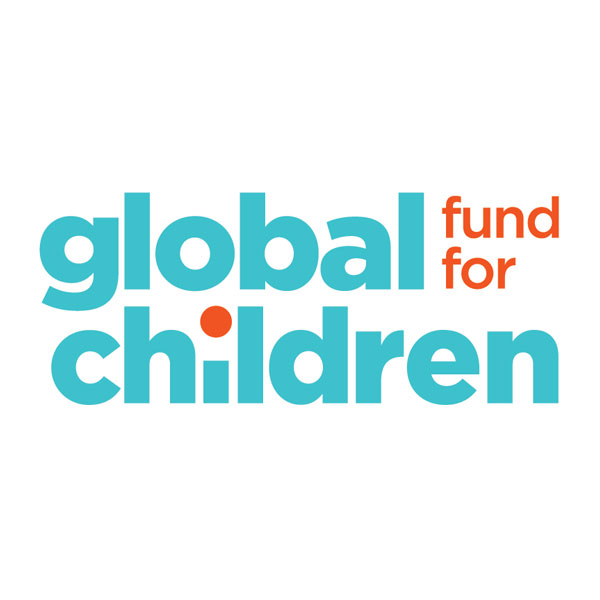As countries across the globe grapple with issues of racism, sustainability and democracy, young people are at the forefront of change to create a more equitable, just and peaceful world. Yet social change initiatives and justice movements – and the philanthropies that fund them – too often view children and youth only as beneficiaries, engaging them tokenistically, if at all. Even fewer funders provide resources directly to youth- and adolescent-led organizations, activists and movements. These dynamics not only alienate young people and undermine the confidence and capacity of generations to come but also impede our goals by failing to include those most impacted by the issues we’re trying to address. Approximately forty percent of the world’s population is under the age of 24. How can philanthropy and civil society build the future world we want without centering the people who will be living in it?
Meaningful child and youth participation in philanthropy can be a powerful catalyst for increased impact and transformation at multiple levels, from the individual to the systemic. Despite the growing recognition of young people as powerful change agents and the transformational power of engaging young people in our work, many funders still shy away from implementing meaningful participation. Some don’t understand its value, while others don’t know where to start, or are simply afraid to get it wrong, given the high stakes of working with young people, especially those under the age of 18. However, the benefits far outweigh these hesitations, as engaging those with lived experience, and shifting decision-making power to those most impacted, is crucial to achieving change.
In 2022, Elevate Children Funders Group released “Weaving a Collective Tapestry: a Funders’ Toolkit on Child and Youth Participation.” Co-created by a group of young leaders and an advisory committee of funders and activists, the Toolkit is the first of its kind to offer guidance to funders and philanthropic organizations on the how-to of child and youth participation. It includes practical guidance on the full spectrum of participation, including organizational structure, strategy development, grantmaking, evaluation, and governance .

See the full image here.
Though the practice still isn’t widespread, some funders within the US and around the world are increasingly prioritizing child and youth participation. From the creation of an intergenerational program advisory council at World Childhood Foundation USA to seeking feedback from girls on evaluation processes at Mama Cash and adolescent girl-led advocacy at Global Fund for Women, some funders are creating space for young people to give feedback, co-design strategies, and make decisions, both directly and through youth councils and advisory groups.

See the full image here.
This shift includes participatory grantmaking, which places funding decisions in the hands of those most affected by them. This can be one of the most impactful ways to shift power within philanthropy, but it requires a deep trust and an understanding that the priorities identified by young people and their communities may differ from our own. For example, through Global Fund for Children’s (GFC) Spark Fund, 40 youth panelists from around the world designed their own regional funds and granted a total of $546,000 in flexible funding to more than 50 youth-led organizations. For 76% of the young people, it was their first time making funding decisions. They chose the issues they wanted to prioritize, the application format and the organizations they wanted to fund. To explore how these decisions differed from the decisions older adults might have made, GFC convened a mock panel of team members to review the same applications and create their own set of evaluation criteria. Of the 14 finalists the mock panel chose, only three had also been chosen by the youth panel. Youth priorities and decision-making are different, and funders must acknowledge their value and importance.
As funders embark on the journey toward meaningful participation, here are some lessons from both young people’s and funders’ experiences:
- It’s important to remember the principles of experimentation and iteration. It will not be a linear process! Take time throughout to pause and reflect: Are things going as planned? Is there anything you can do differently? What feedback are you getting? Don’t be afraid to get it wrong, especially with safeguarding (safety and protection) and wellbeing practices in place, or to be transparent with the children and young people with whom you’re partnering.
- Find spaces for solidarity, shared learning and support from other funders.
- Don’t forget young people in conversations about diversity, equity, inclusion, and accessibility.
- Use your power! Advocate for others to be bolder in their approach to participation.
ECFG’s Toolkit offers activities for funders to orient themselves in this process, understand potential entry points on the spectrum of participation, and feel better equipped to further their journey.
We leave you with a message from the Toolkit’s youth co-creation group: “To funders: Trust us – not just as young people with important perspectives, but as experts in our fields. […] Work with us to achieve our shared goals.”
Elevate Children Funders Group is a global network of funders focused on the wellbeing and rights of children and youth. Learn more about the Toolkit for Child and Youth Participation (available in both English and Spanish) and watch the intergenerational launch event here. Get in touch with ECFG at info@elevatechildren.org. Learn more about the Toolkit’s authors, Georgia Booth and Ruby Johnson, at georgia-booth.com and rubyamelia.com.
Global Fund for Children invests in community-based organizations around the world to help children and youth reach their full potential and advance their rights. Learn more about the Spark Fund and learnings from the pilot program here. Get in touch with GFC at info@globalfundforchildren.org.



